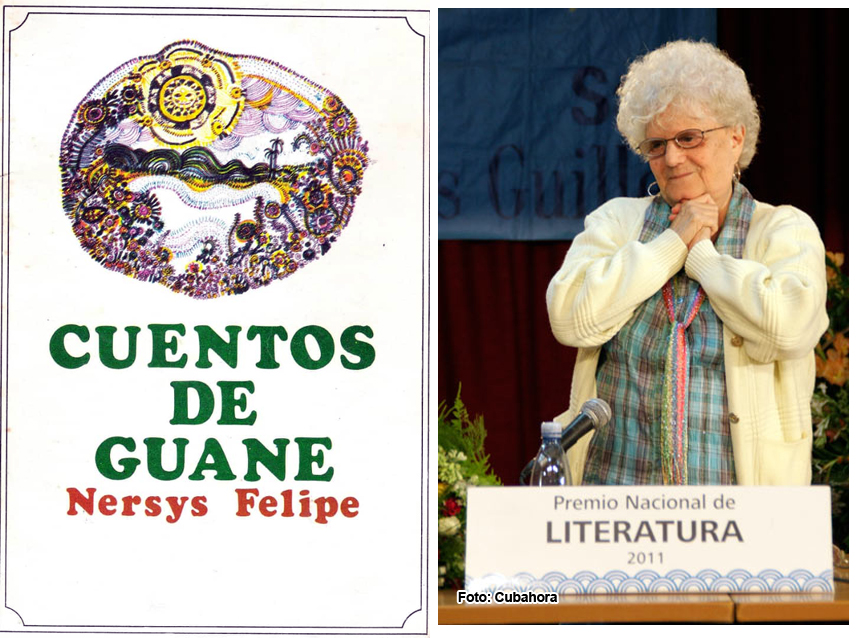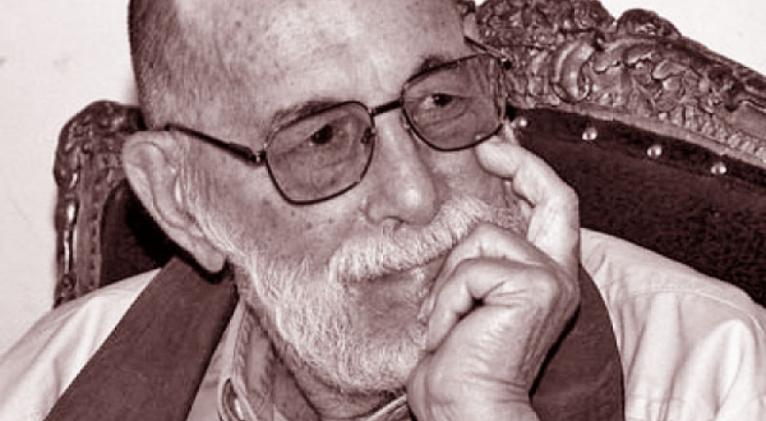Books Everyone Should Read: Cuentos de Guane by Nersys Felipe

Winner of the Casa de las Américas Prize in 1975, Cuentos de Guane by Nersys Felipe is an essential read for both young and adult audiences.
This collection of interconnected stories centers on the eponymous town in Cuba’s Pinar del Río province. The narrative is told through the eyes of a child who travels to bid farewell to his grandfather, weaving together family memories, local traditions, and the melancholy of loss to create an intimate mosaic of lived experiences.
With prose that fluctuates between the colloquial and the poetic, Felipe constructs a world where the mundane intersects with the universal, exploring themes such as death, familial love, and cultural identity. Its fragmented structure—comprising vignettes and short tales—captures life in western Cuba across three generations, emphasizing the dialogue between past and present.
The book stands out for its innovative approach, prioritizing emotional depth and narrative authenticity, solidifying its status as a Cuban literary classic and an intergenerational bridge. Its treatment of death through the lens of childhood innocence was revolutionary for its time. The lyrical style, rich in symbolism, has made it a subject of academic study and a source of inspiration for contemporary projects, including mobile apps that distribute the work as audiobooks narrated by the author herself. For readers of all ages, this book remains a testament to how local stories can transcend borders and resonate with the deepest facets of the human experience.
Nersys Felipe was born on August 31, 1935, in Guane. She demonstrated an early artistic calling and, after training at the Escuela Normal de Maestros from 1949 to 1953, worked as a primary school teacher and choir director. Her literary career began in radio, where she wrote scripts and founded her province’s Teatro Guiñol (puppet theater) troupe. Her connection to the world of children is evident in works like Cuentos de Guane and Román Elé (1976), both honored by Casa de las Américas.
Beyond her literary contributions, Felipe has played a pivotal role in Cuban culture as a member of the Unión de Escritores y Artistas de Cuba (UNEAC) and as a juror for competitions such as La Edad de Oro. In 2011, she received Cuba’s National Literature Prize for shaping the ethical and aesthetic sensibilities of generations, followed by the National Radio Award in 2023. Her work, translated into Russian, European Spanish, and other languages, blends Martí-inspired roots with profound humanism, exalting values like resilience, family, and cultural identity.
Translated by Luis E. Amador Dominguez



